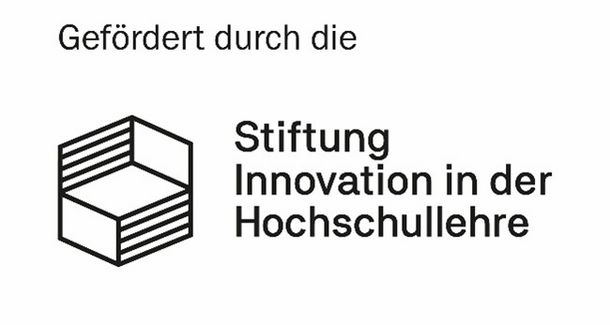CIRCLE – Creative Impulses for Recycling, Crafting and Learning
CIRCLE – Creative Impulses for Recycling, Crafting and Learning
Background: Circular Economy and Circular Engineering
In light of increasing resource scarcity and in order to achieve global climate protection goals, the circular economy presents itself as a necessary and sustainable economic concept for establishing sustainable production and consumption patterns (SDG 12). It contrasts with the linear economy and aims to extend the life cycle of products by reusing, repairing, refurbishing, repurposing and recycling materials and products for as long as possible (see Figure 1).
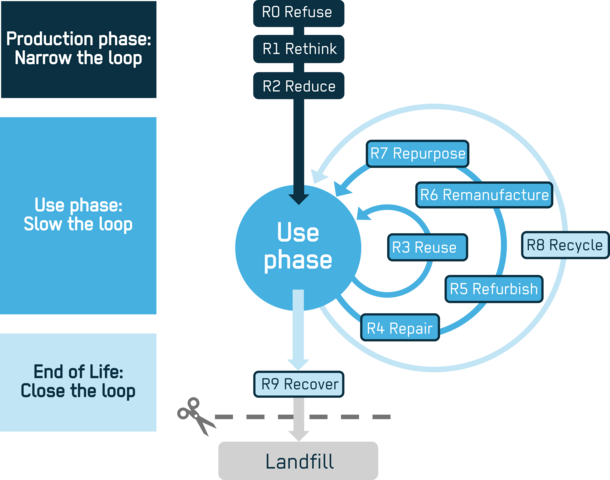
Even though the concept of the circular economy has become increasingly widespread in society-wide discourse, there is often a gap between aspiration and implementation in practice. Companies face challenges in switching to circular product-service systems. A key prerequisite for realising circular economy principles is the consistent implementation of circular engineering and the integration of R strategies throughout the product life cycle (see Figure 1).
Project goal
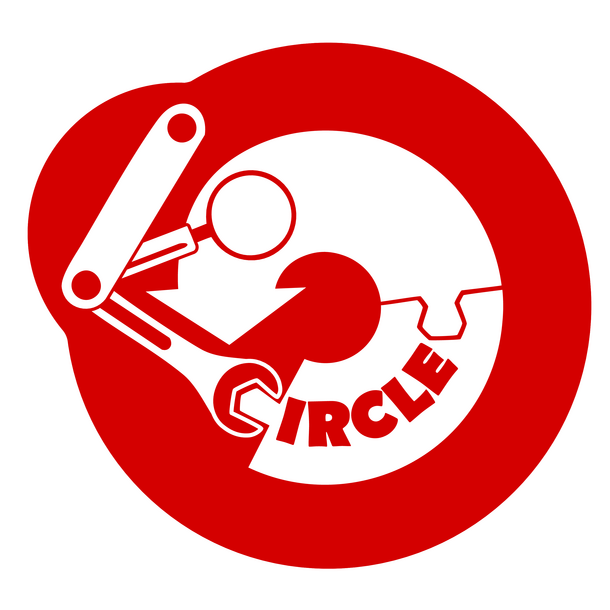
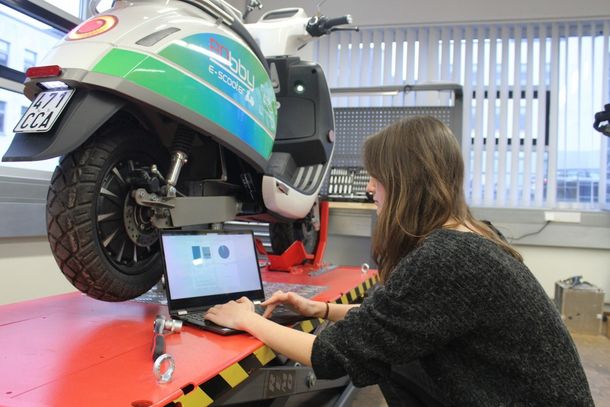
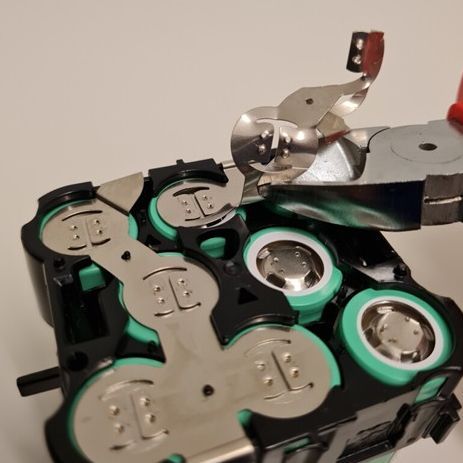
The aim of the two-year CIRCLE project (project number: 3003-1388), funded by the Stiftung Innovation in der Hochschullehre, is to create an innovative learning and research environment that combines the concepts of the circular economy and makerspaces (see the CIRCLE project study website). Makerspaces, so-called workshops for DIY enthusiasts, have become widespread in Germany and around the world. They offer space for independent work and learning processes in which users employ digital technologies and tools to develop and realise projects. In addition to their role as alternative educational institutions, makerspaces also promote social and technical innovation in particular.
In the project, students will analyse and optimise the recyclability of real products according to the principle of problem-based learning. Based on self-organised workshops with experts and in collaboration with companies, students will have the opportunity to work on products, analyse them from a sustainability assessment perspective, and develop and implement their solutions for improving recyclability – whether in the production, use or end-of-life phase – in the makerspace. Students are guided, supervised and supported by the Laboratory for Sustainability in Technology. The laboratory focuses on circular engineering in the field of sustainability assessment and also integrates topics such as circularity and ecodesign into its teaching.
The project will result in innovative ideas and approaches for optimising products in line with the circular economy, which can be prototyped, validated in real-world contexts and used by the participating companies for more sustainable product development.
Funding
The Creative Impulses for Recycling, Crafting and Learning (CIRCLE) project is funded by the Stiftung Innovation in der Hochschullehre as part of Freiraum 2025 (Projektnummer: 3003-1388).
Project lead

Project team
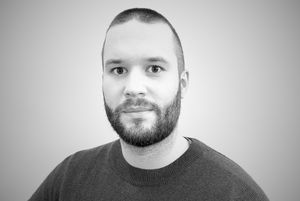

Project duration: 01.04.2025 – 31.03.2027
Funding provider: Stiftung Innovation in der Hochschullehre
Funding reference: 3003-1388
Funding amount: 331.282,85 €
